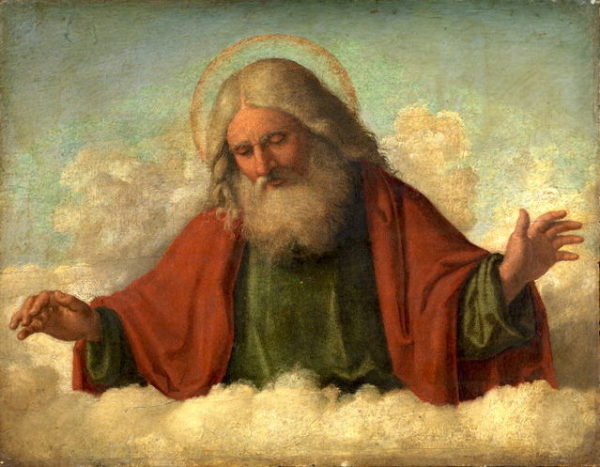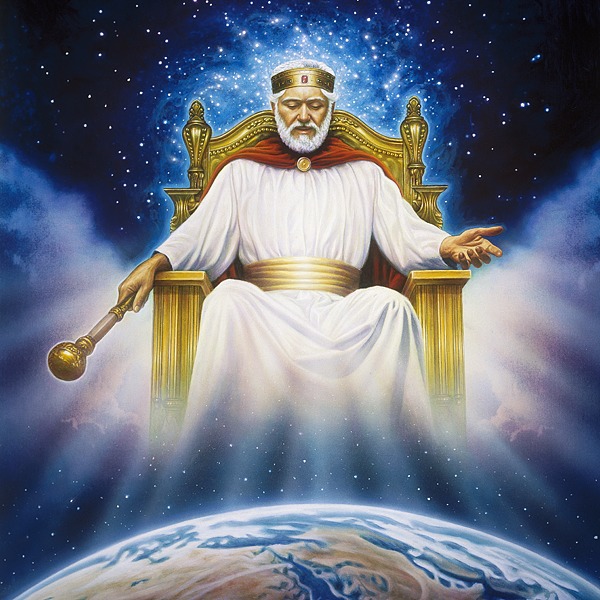Many of you who have been raised in a particular faith such as Judaism, Christianity, Islam, etc. really grapple with the conflict of how to remain true to that faith and still embrace concepts of spirituality: the absence of Hell, past lives and reincarnation, perspectives on suicide and much, much more. Here, Erik tries to explain this a bit while giving us a glimpse into how organized religion will evolve in the future.
Me: In 2012, what it the role of organized religion?
Jamie: In this year, what is the role of organized religion?
Me: Yes.
Jamie (laughing hard): He gave me the image of a baby pacifier, like lots of them.
Me: Oh, no!
Jamie: On street corners—really big ones.
Erik: Just to help people pacify and find a connection. A wiser question would be to ask what kind of role it will play in 2015, 2020, 2025 and more in the future, because they are going to dwindle out. They’re going to be more places where we learn how to be better people. Rather than learning how to connect to a god that’s been defined by them, they’ll be learning how to connect to the god that’s inside of us.
Me: Ah, I love that idea!
Erik: That’s way out, but we’ll get there.
Me: Yeah. The same guy asks this: Two of the major religions believe that people outside their faith are either infidels or are going to hell for not accepting Jesus. That doesn’t come across as inclusive or loving. How do the people of those faiths reconcile that duality? How can they say that and turn around and say that God is merciful and embraces everybody? That’s such a great question!
Erik laughs hard.
Erik: That’s the glitch in the system that we’ve all been talking about. Clearly, this reader has been able to identify it himself, but the people who are in it can’t see it. They can’t see, you know, that in—
Jamie (to Erik): What is that? The tree for the forest? You mean the forest for the trees, Erik!
Erik: Yeah! Oops. And that’s where we, the people who do comprehend, extend compassion and just let them be who they need to be and wait for the day when they want to wake up.
Me: Okay. So, in other words, they don’t reconcile that duality.
Erik: No, it’s not even on their marker. That’s like—
Jamie (laughing, to Erik): What? Between Hell and Heaven? Why is that funny?
Me: Because that’s duality, I guess.
Erik: Because they say God is omnipresent; God is omni-being—
Jamie: Omni-something.
Erik: Omniscient. But Hell is supposed to be the absence of God? How do you reconcile that duality, Baby?
Me: Yeah, really!
Erik: It’s that human need to measure, compare and contrast, and it does NOT work in the spiritual realm. But religion is that place in between being human and being spiritual, so they hold onto both concepts, and it doesn’t roll well.
Me: Ah, interesting.
Jamie (a bit stunned): Okay. Brilliant!
Me: You’re really doing well today, Erik! I’m very impressed with you, today. Of course I’m impressed every time we talk.
Jamie (giggling): He scruffs his hair up when you gave him the complement.
Me: Aw!



